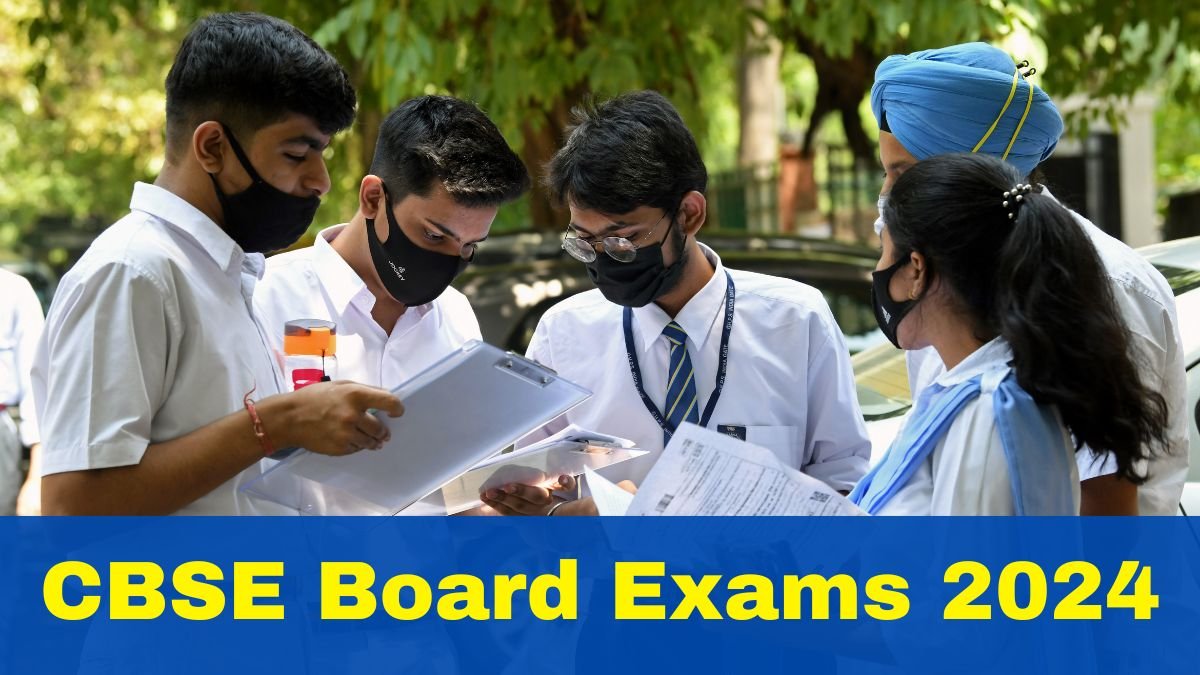The National Eligibility cum Entrance Test (NEET) is a vital examination in India, primarily aimed at assessing the eligibility of candidates aspiring to pursue undergraduate medical courses. The NEET exam holds a significant position within the Indian education system, as it serves as the gateway for admissions into various medical and dental colleges across the country. Conducted by the National Testing Agency (NTA), the test plays a critical role in maintaining a standardized assessment for medical aspirants, ensuring a fair and transparent admission process.
A candidate wishing to appear for the NEET exam must meet specific eligibility criteria. Typically, the age limit for applicants is set between 17 and 25 years, with permissible relaxations for reserved categories. Additionally, candidates must have completed their higher secondary education (12th grade) with Physics, Chemistry, and Biology as their core subjects. A minimum percentage of marks in these subjects is often required, which varies according to the policies of different states and institutions.
The structure of the NEET exam comprises questions derived from the subjects of Physics, Chemistry, and Biology. The exam format consists of multiple-choice questions, designed to evaluate the candidate’s proficiency and understanding in these crucial areas. Each section carries a specific weightage that contributes to the overall score, which is essential in determining merit and, subsequently, prospects for admission into medical courses.
For aspiring medical students, the NEET exam is not merely a test; it represents an opportunity to fulfill their dreams of becoming healthcare professionals. Success in this examination is imperative, as it significantly influences their selection for esteemed medical colleges, thereby shaping their future careers. Given its importance, thorough preparation and a comprehensive understanding of the exam structure are vital for candidates aiming to excel in this competitive landscape.
Supreme Court’s Involvement and Panel Formation : NEET Exam 2025
The National Eligibility cum Entrance Test (NEET) has been a subject of intense scrutiny and debate over the years, leading to various controversies regarding its fairness and transparency. As the primary examination for admission to medical colleges in India, concerns have been raised about the integrity of the exam process, prompting the need for judicial intervention. The Supreme Court of India, acknowledging these issues, decided to step in to ensure that the examination processes uphold the principles of fairness and transparency.
Several factors contributed to the Supreme Court’s involvement in the NEET examination framework. Firstly, there have been numerous complaints from students and stakeholders about inconsistencies in the conduct of the exam, suggesting a lack of uniformity in evaluating candidates. Additionally, allegations of discrimination and administrative challenges, such as the handling of applications and examination centers, have further fueled public distrust. These controversies made it evident that a thorough investigation was necessary to restore faith in the examination system.
In response to these concerns, the Supreme Court established a panel tasked with addressing the critical issues surrounding the NEET exam. The objectives of this panel include a comprehensive review of examination procedures, assessments on the accessibility of the examination, and recommendations aimed at enhancing transparency and fairness. By assembling a group of experts, the panel aims to investigate past grievances and formulate a robust structure for future examinations, which will benefit both students and educational institutions alike.
The panel’s findings and recommendations are anticipated to play a significant role in shaping the NEET examination’s future, addressing ongoing concerns while ensuring that the selection process remains equitable for all candidates. Ultimately, the Supreme Court’s involvement reflects the judiciary’s commitment to ensuring a fair and impartial process in one of the most critical gateways to medical education in India.
Key Findings of the Supreme Court Panel : NEET Exam 2025
The Supreme Court panel’s comprehensive examination of the National Eligibility cum Entrance Test (NEET) has yielded several significant findings and recommendations aimed at enhancing the integrity and efficiency of this crucial examination. One of the primary insights from the panel’s report is the pressing need for improved management of the NEET exam processes. Currently, issues related to logistical coordination, candidate registration, and adherence to examination protocols have been identified as major concerns. The panel suggests a centralized digital platform for managing all aspects of the NEET examination, which would streamline operations and reduce bureaucratic inefficiencies.
Addressing student grievances emerged as another focal point in the panel’s findings. Testimonies collected from candidates revealed recurring challenges including discrepancies in question papers, delays in result announcements, and inadequate support for students with disabilities. The panel has recommended establishing a robust grievance redressal mechanism that would function in real-time during the examination cycle, allowing students to report any issues they encounter promptly.
Furthermore, the Supreme Court panel has proposed a series of policy improvements to the NEET examination framework. These recommendations include regular audits of the examination process by independent bodies to ensure compliance with established guidelines. The panel also discussed the potential for revising the examination format and admission processes to foster fairness and transparency. For example, implementing a weighted scoring system that considers students’ performance in both NEET and their academic backgrounds could provide a more holistic evaluation method.
Ultimately, the findings of the Supreme Court panel reflect a commitment to addressing the systemic challenges within the NEET examination framework, ensuring that future iterations uphold the highest standards of fairness, efficiency, and integrity.
Implications of the Report Submission Deadline : NEET Exam 2025
The impending deadline for the Supreme Court panel’s report submission is a pivotal moment for the National Eligibility cum Entrance Test (NEET) in 2025. This report is expected to deliver critical insights that will influence not only students but also educational authorities and the broader framework of medical entrance examinations in India. The timing of this report carries significant weight, especially considering that it may introduce new guidelines or regulations affecting the examination process.
For aspiring medical students, the ramifications of this report could be substantial. If the report proposes changes to the NEET format, syllabus, or evaluation criteria, students preparing for the examination may need to adjust their study strategies considerably. It is anticipated that the educational authorities will closely analyze the panel’s recommendations to enhance the examination’s fairness and reliability, ensuring that it accurately reflects the competency of candidates. The potential adjustments may also lead to a reassessment of academic preparation timelines and resources required by students.
On a broader scale, stakeholders such as the government and educational boards will likely engage in discussions regarding the implementation of any recommendations put forth by the panel. If the report suggests reforms aimed at increasing accessibility or transparency in the NEET examination, it could catalyze policy-level changes, impacting future admissions and educational policies across the country. Furthermore, the report submission may trigger responses from various student associations and advocacy groups, prompting dialogue about the efficacy and equity of the current NEET structure.
Overall, the conclusion of this report submission deadline is expected to usher in a series of discussions and reforms that will shape the NEET landscape for years to come, influencing the immediate academic year as well as future cohorts of medical aspirants.





